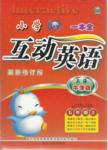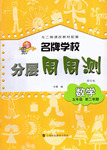题目内容
I am not afraid of tomorrow, ______ I have seen yesterday and I love today.
A. so B. and
C. for D. but
练习册系列答案
 互动英语系列答案
互动英语系列答案 名牌学校分层周周测系列答案
名牌学校分层周周测系列答案
相关题目
题目内容
I am not afraid of tomorrow, ______ I have seen yesterday and I love today.
A. so B. and
C. for D. but
 互动英语系列答案
互动英语系列答案 名牌学校分层周周测系列答案
名牌学校分层周周测系列答案